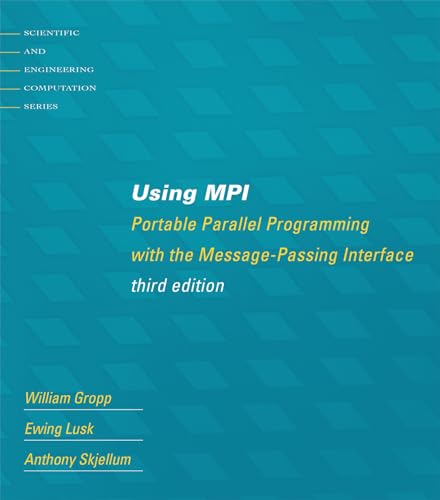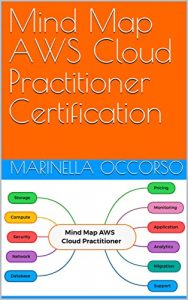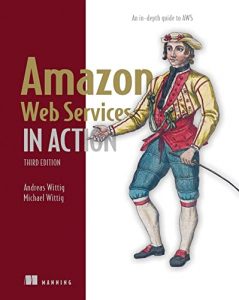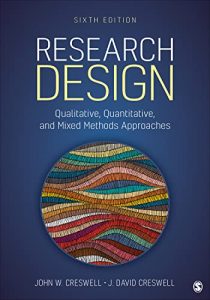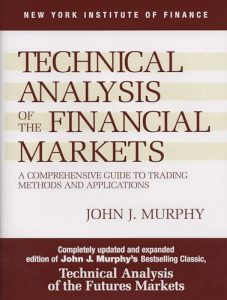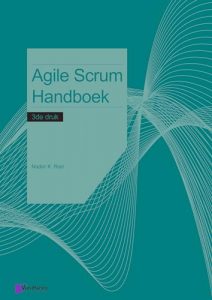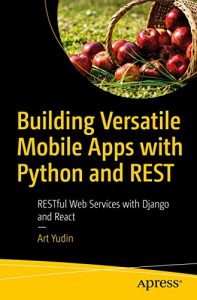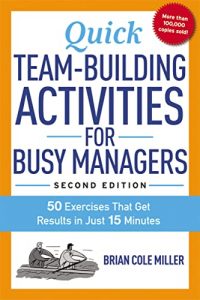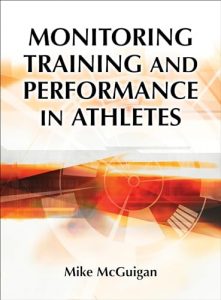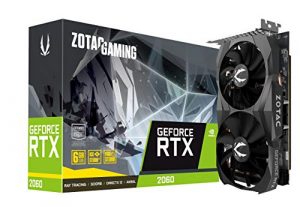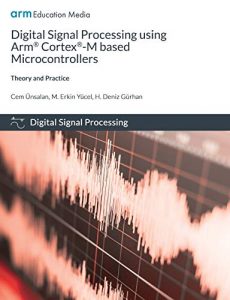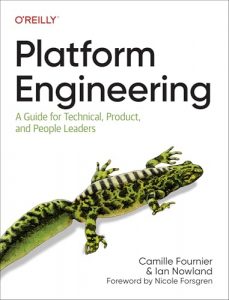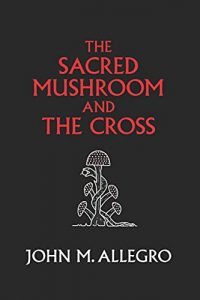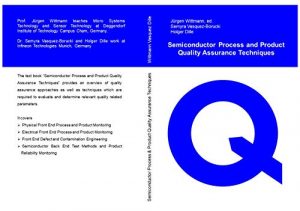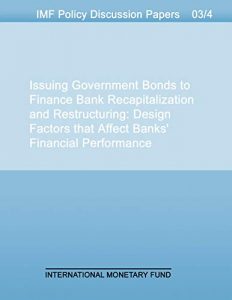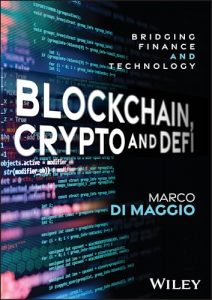1. Using MPI, third edition
Authors: William Gropp, Ewing Lusk, Anthony Skjellum
This third edition of “Using MPI” is an essential resource for anyone looking to dive into the world of parallel programming with the Message-Passing Interface (MPI). With clear explanations and practical examples, Gropp, Lusk, and Skjellum guide readers through the intricacies of MPI, making complex concepts accessible even for beginners. The book is updated with the latest MPI standards and practices, illustrating how to implement parallel programming in real-world applications. It’s not just a book; it’s a comprehensive guide to learning and mastering MPI that will undoubtedly enhance your programming skills.
2. Parallel Programming with MPI
Author: Peter Pacheco
Pacheco’s “Parallel Programming with MPI” is another staple for those who want to understand the fundamentals of parallel computing. As one of the earlier texts dedicated to MPI, this book has stood the test of time, providing foundational knowledge about parallelism and message passing. It is well-structured and contains numerous exercises that challenge readers to apply what they learn. Engaging and practical, it is perfect for both self-learners and students in formal courses. This is a must-have for anyone serious about mastering parallel programming.
3. Parallel Programming in C with MPI and OpenMP
Author: Michael Quinn
Quinn’s work on “Parallel Programming in C with MPI and OpenMP” is a fantastic guide for programmers looking to leverage the power of both MPI and OpenMP. By combining these two parallel programming paradigms, this book enables readers to approach problems in an integrated manner, showing how to optimize performance on shared and distributed systems. The explanations are precise, and the numerous code examples allow for practical understanding. Whether you are a novice or a seasoned programmer, Quinn provides valuable insights that will certainly improve your coding skills.
4. Using Advanced MPI
Authors: William Gropp, Torsten Hoefler, Rajeev Thakur
In “Using Advanced MPI,” Gropp, Hoefler, and Thakur delve into the advanced features of the Message-Passing Interface which are essential for developing high-performance applications. This book is ideal for those who have a basic understanding of MPI and want to take their knowledge further. The book introduces advanced programming techniques and performance analysis methods. With rich illustrations and use cases, it is invaluable for researchers and developers aiming to extract the maximum performance from their parallel computing applications.
5. Parallel Scientific Computing in C++ and MPI
Authors: George Em Karniadakis, Robert M. Kirby II
This book presents a unique and efficient approach to parallel scientific computing via C++ and MPI. Karniadakis and Kirby II expertly guide readers through the implementation of parallel algorithms with clarity, making complex topics digestible. It’s an essential resource for those involved in computational science, especially in fields requiring substantial computational power. The authors provide a hands-on approach with examples and exercises that support active learning, making it a must-read for any aspiring parallel programmer.
6. Using MPI – 2nd Edition
Authors: William Gropp, Ewing Lusk, Anthony Skjellum
The second edition of “Using MPI” continues to be an authoritative guide on parallel techniques. It retains the essence of the original text while updating examples and adding new material that reflects the latest developments in MPI. Great for students and professionals alike, this book makes MPI approachable, offering a perfect blend of theory and practice. Readers will benefit from comprehensive insights into designing and debugging parallel programs.
7. MPI: The Complete Reference
Author: Marc Snir
For those looking for a detailed and thorough reference on MPI, Marc Snir’s “MPI: The Complete Reference (Vol. 1)” is a must-have. This book provides exhaustive coverage of the MPI standard, ensuring readers understand both the theoretical framework and practical applications of MPI. It’s perfect for advanced users needing detailed explanations of various components of MPI. The clarity and organization of the text make it accessible even for complex topics.
8. Parallel Programming in MPI and OpenMP
Author: Victor Eijkhout
Eijkhout’s “Parallel Programming in MPI and OpenMP” represents a comprehensive resource for students and professionals dealing with both MPI and OpenMP. The book explores how to effectively combine these programming paradigms for maximum efficiency. It strikes a great balance between theoretical foundations and practical implementation, enabling students to translate theory into practice seamlessly. Eijkhout’s clear writing style helps demystify the process of parallel programming, making it approachable and enjoyable.
9. High Performance Linux Clusters with OSCAR, Rocks, OpenMosix, and MPI
Author: Joseph D Sloan
Sloan’s “High Performance Linux Clusters” is a comprehensive guide for those who aspire to build powerful cluster systems. The combination of OSCAR, Rocks, OpenMosix, and MPI provides a versatile toolset for optimizing Linux clusters. This book is packed with practical insights and step-by-step instructions, making it a great resource for system administrators and engineers. Whether you’re building a cluster from scratch or simply optimizing an existing one, Sloan’s approach will guide you towards effective solutions.
10. Introduction to HPC with MPI for Data Science
Author: Frank Nielsen
Nielsen’s “Introduction to HPC with MPI for Data Science” is an excellent introduction for data scientists looking to leverage high-performance computing. The book simplifies complex concepts, focusing on practical data science applications. Perfect for data scientists transitioning into high-performance computing, it covers the essentials of MPI in a format that is easy to digest and apply. This text is highly recommended for those eager to enhance their computational capabilities.

